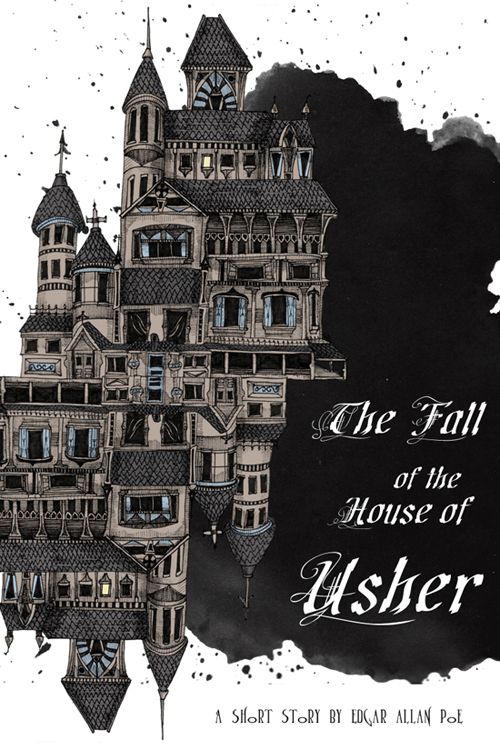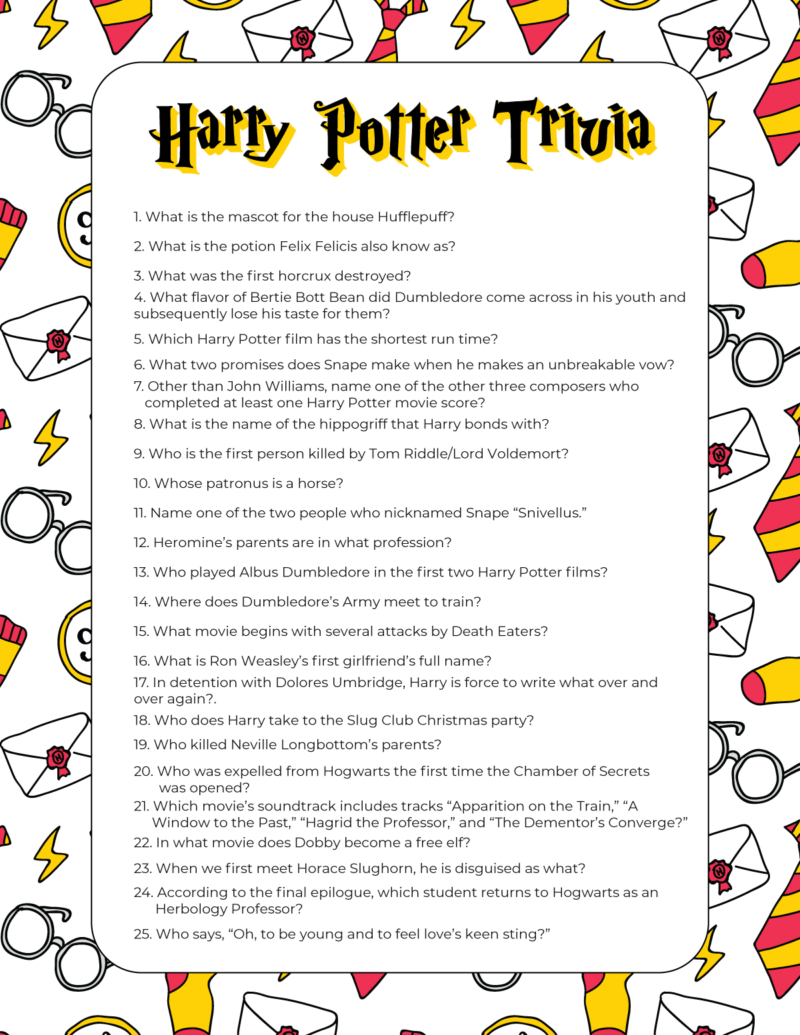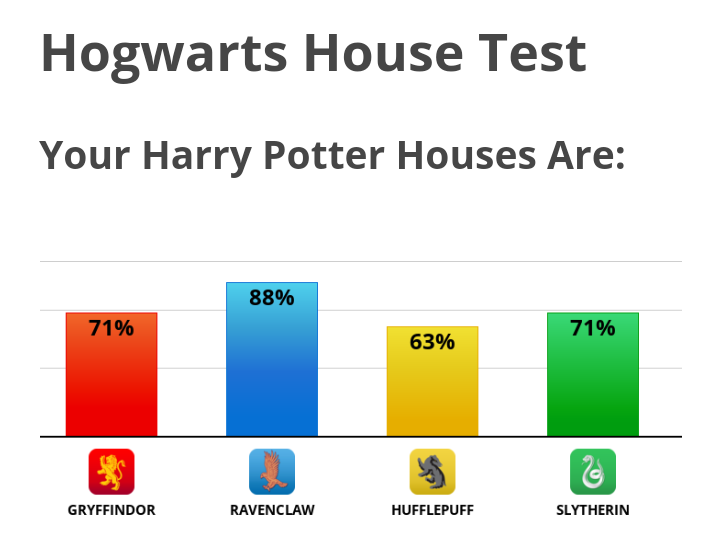Table Of Content
- Limited Series – The Fall of the House of Usher
- Netflix’s ‘The Fall of the House of Usher’ Is a Gruesome Family Drama Wrapped in a Web of Edgar Allan Poe: TV Review
- Mike Flanagan’s final series for Netflix is inspired by the tales of Edgar Allan Poe
- Dead Space is coming to Xbox Game Pass just in time for Halloween
- Steve Carell Joins Tina Fey in Netflix Comedy Series ‘Four Seasons’
- 'Scooby-Doo' Live-Action Series in the Works at Netflix
- Newsletter Signup

But as we know from the start, there’s no point in getting overly attached to them, as grisly fates are assured for all. It’s not so much the “what” as the “why” that the audience and Dupin need to be answered. When one steps back and looks at the whole narrative of the season of “The Fall of the House of Usher,” it sags in places. Most of the flashbacks to a young Usher and Dupin are thin, especially compared to the wicked fun on display in the fates of the Usher children. It feels like padding to get episodes to a full hour when Flanagan and company could have leaned even more into the episodic structure that highlights a single Poe per chapter. However, it's an incredibly easy show to enjoy on an episode-by-episode basis, largely because Flanagan’s direction is sharp throughout, including excellent use of music and tight editing—some scenes are too underlit, but that’s just the Netflix brand nowadays, and I’m done fighting it.
The Fall of the House of Usher Reviews: 'Deliciously Macabre' and 'Triumphant,' Critics Say - Rotten Tomatoes
The Fall of the House of Usher Reviews: 'Deliciously Macabre' and 'Triumphant,' Critics Say.
Posted: Tue, 10 Oct 2023 07:00:00 GMT [source]
Limited Series – The Fall of the House of Usher
It’s easily the most specifically topical of Flanagan’s Netflix minis, fueled by an often palpable anger. But that anger frequently gets in the way of the thematic richness that gave The Haunting of Hill House, The Haunting of Bly Manor and Midnight Mass their mournful charge. For eight hours, instead of rooting for people, you’re rooting for payback, leading to a satisfying, but surface-level experience.
The Fall of the House of Usher: Mike Flanagan's Unhinged Edgar Allan Poe Mashup Is Dark and Lyrical - Paste Magazine
The Fall of the House of Usher: Mike Flanagan's Unhinged Edgar Allan Poe Mashup Is Dark and Lyrical.
Posted: Fri, 22 Sep 2023 07:00:00 GMT [source]
Netflix’s ‘The Fall of the House of Usher’ Is a Gruesome Family Drama Wrapped in a Web of Edgar Allan Poe: TV Review
After all, hubris, like any of the fine products from the Roderick-run Fortunato, is a hell of a drug. Roderick has come from a miserable childhood with a puritanical, sickly mother who believes that “pain and suffering are the kiss of Jesus”. As a parent himself, Roderick doesn’t fare much better, having six children by five different women who range from obnoxious hedonists (Napoleon and Prospero Usher) to despicable creeps (Frederick, Tamerlane and Victoria) to obnoxious, despicable hedonist creeps (Camille). The family is made up of Flanagan’s regular ensemble of actors, and to buy them as relatives requires a lot of suspension of disbelief, but for Flanagan fans, there’s great fun to be had seeing how these favourites fit into his new tale of terror. Ruth Codd (the highlight of The Midnight Club) plays Roderick’s much younger wife Juno, a former heroin addict whose life was turned around thanks to the drugs the Ushers peddle, while Rahul Kohli, Henry Thomas and Kate Siegel each take on a dastardly member of the Usher brood. Alongside his favoured players is Mark Hamill as an unfeeling lawyer/fixer for the Usher family who sounds as if he gargles a pint of nails every morning.
Mike Flanagan’s final series for Netflix is inspired by the tales of Edgar Allan Poe
And collectively, they feel like part of a larger anthology drama, like a more literary, less aggro version of American Horror Story. In structuring his projects this way, Flanagan gets to keep telling stories season after season without having to worry about Netflix shutting him down, or even for any one particular idea to overstay its welcome. Each captures the chaotic conflict of a tortured violent psyche, and each works because the show takes the time to establish their characters and then lets us see their gradual mental collapse and demise. The first win belongs to T’Nia Miller as Victorine, the heart research scientist whose pursuit of a miracle medical technology drives her into complete psychosis. When it does, the result is a wondrously bloody, pitch-perfect display of the macabre.
Dead Space is coming to Xbox Game Pass just in time for Halloween
It turns out that almost every branch of the Usher family tree has been cut by violent horror. ” “No, not before,” he replies in one of the show’s many glimpses of Flanagan’s viciously dark sense of humor. (Poe had one too.) Roderick has been haunted by all his awful children who have shuffled off this mortal coil, and it’s because it feels like the ghosts are finally coming for him that he is ready to confess. He’s having visions of monstrous ghosts, including the recurring specter of Verna (Carla Gugino), a figure that connects most of these tall tales as a sort of vengeful force of karma, the devil come to take what she’s due from a man who profited off the pain of others.
Business
If you don’t, key details get repeated multiple times, especially in the first couple of episodes. The horror auteur uses his familiar acting troupe and the works of Edgar Allan Poe as the backdrop for an eight-episode takedown of an opioid-pushing family that somewhat resembles the Sacklers. The family is quickly seduced by the extravagant amenities—the food that appears on massive dining room table, the electricity that provides full illumination.
Steve Carell Joins Tina Fey in Netflix Comedy Series ‘Four Seasons’
It might be too much to keep a firm narrative grip on, if not for that framing device. Greenwood and Lumbly have each been in Flanagan films (both appeared in Doctor Sleep, and Greenwood was Gugino’s husband in Gerald’s Game), but this is their debut in the Mike Flanagan Expanded Television Universe. Together, they bring so much charisma and gravity to the story that everything feels unified, no matter how many tangents Flanagan chooses to go on. They’re compelling enough that the show might work if it was just these two old men talking in the living room of a seemingly haunted house, with Roderick describing everything that’s happened. Given the ultra-rich family and Big Pharma context, one assumes that Flanagan was taking notes on Succession and Dopesick.

(Poe probably wasn’t even an opium addict.) Perhaps that’s because a part of Flanagan would rather be writing his own stories. House of Usher contains many moments of pure, undiluted horror, stylish and masterful. But the show drowns in its uneven grasp of the source material, when it needn’t have relied on source material at all. The key to the ideal Flanagan series likely lies not with more cherry-picked adaptations, but with more stories that are entirely Flanagan’s own. As the series opens, fans are introduced to Roderick Usher (Bruce Greenwood), the graying CEO of Fortunado Industries — a massive pharmaceutical conglomerate with a signature drug that’s equivalent to the highly addictive opioid OxyContin.
Newsletter Signup
At one point, Roderick’s stone-faced lawyer Pym (a superb Mark Hamill) mentions having a guest for dinner, a reference to the original Poe narrative in which another Pym cannibalizes said guest. Since The Haunting of Hill House debuted in 2018, Mike Flanagan has steadily built up an impressively diverse anthology of limited series on Netflix, with releases coming on a near-annual basis. The intervening years have included a romantic puzzle box, a small-town vampire story, and a collection of teen ghost stories.
As the episodes press forward, an aura of foreboding is infused throughout the scenes. Since the redeemable characters within the series are almost non-existent, watching the demise of the Ushers is nothing to be horrified about, but it is grisly nonetheless. Though the series’ title comes from only a single source, fans will already recognize that this is more of a hodgepodge.
A stunning use of Poe’s work as the Cliffs Notes to his own majestic, intricate brand of storytelling, Flanagan’s “The Fall of the House of Usher” showcases what the 1% is willing to sacrifice to remain in high places. However, it’s also a reminder that while the powerful may delay settling a tab, debts must often be paid in blood when collection time comes — whether in one generation or the next. One of the most intriguing components of life is the realization that we all have a tab, and at one point or another, a bill will come due. The 1% who hold the majority of the wealth and influence globally typically don’t abide by these same rules. The upper echelons of society move through life seemingly without repercussions by leaching off the powerless.
Flanagan finishes his Netflix contract on a high, gleefully capturing Poe’s magic, eerie romance and sense of dread. His shows have become the streaming service’s best offerings for spooky season, and it is hard to imagine how that void will be filled. It’s not perfect – the order in which the Poe family meet their fates is a case of diminishing returns, as its most intriguing members are dispatched too quickly. Some of the CGI, particularly one scene involving bodies falling from the sky, is unintentionally funny.
We do get some fabulous creative moments, like Flanagan’s gleeful edit of an opening montage that introduces us to all members of the Usher family through witty cross-cuts and overlapping dialogue. If what you came for were eight cycles of impending doom counting down to their garish conclusions, you’re in luck. Flanagan’s ability to weave this story is helped by the fact that he has regulars like Greenwood, Gugino, Thomas and others in prominent roles, and pros like McDonnell and Lumbly joining his family of players. They know what’s required in a show like this and they make the most of what Flanagan gives them. The Fall Of The House Of Usher certainly has the similar dark, foreboding feel of Mike Flanagan’s other Netflix series, like The Haunting Of Hill House and The Haunting Of Bly Manor.
Classic tales marry with modern commentary in a limited series that delivers at every turn. You’ll scream, you’ll cry, and once it’s over you might just start it all over from the beginning again. In bringing Poe’s fables to the contemporary world, Flanagan’s The Fall of the House of Usher centers on some of today’s greatest evils.
Like The Haunting of Bly Manor, the new show is a mash-up of the works of a particular author — in this case, Edgar Allan Poe. The framing device roughly follows the titular short story plot, as wealthy Roderick Usher (Bruce Greenwood) tells prosecutor C. It’s just a bonus if you understand the importance of ravens, or why Roderick and his sister Madeline (Mary McDonnell) will at times stare meaningfully at a basement’s brick wall. And some references are just Easter eggs, like Dupin being named after a recurring Poe character who is widely considered the protagonist of the earliest fictional detective stories. The title comes from Poe’s 1839 short story of the same name — but each of the eight episodes is jam-packed with adaptations and references to stories and poems from Poe’s entire body of work. It’s clear that the minds behind The Fall of the House of Usher brushed up on 19th-century literature.
Presenting vintage Poe stories filtered through Mike Flanagan's deliciously dark lens, The Fall of the House of Usher will get a rise out of horror fans. All eight episodes of The Fall of the House of Usher are streaming now on Netflix. His latest show, The Fall of the House of Usher, brings back many of the familiar players, and revisits many of Flanagan’s pet themes about dysfunctional families and the way we’re all haunted by our pasts.














